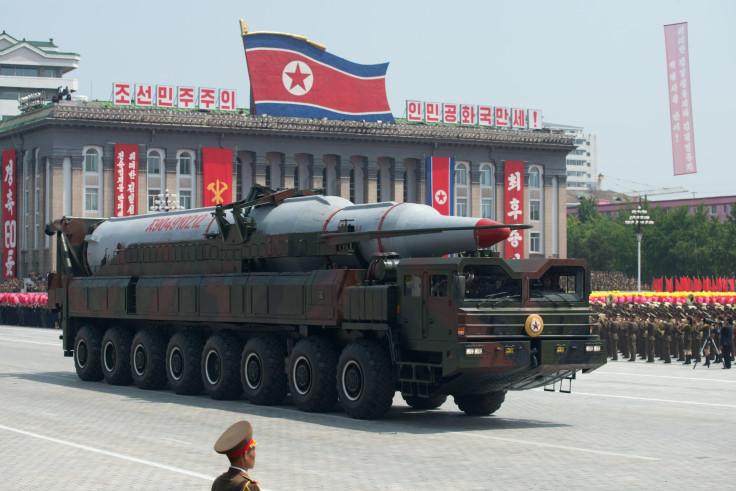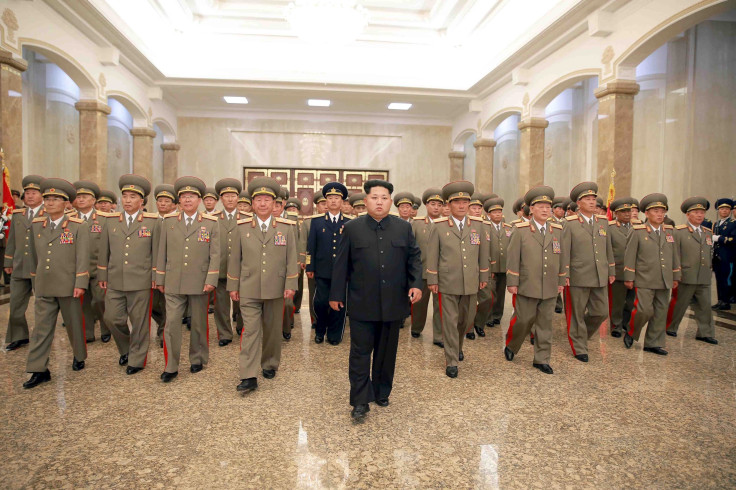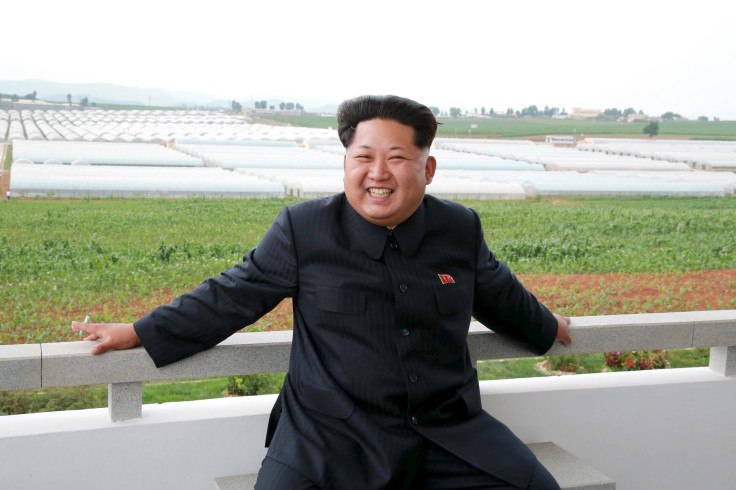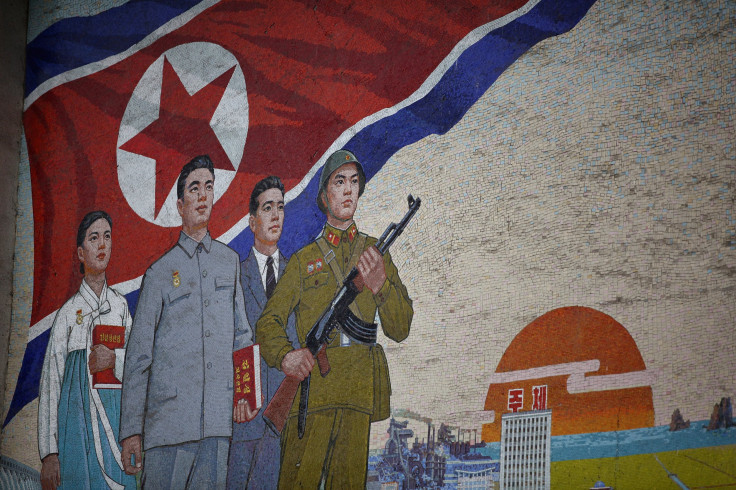North Korea Independence Day Facts 2015: Kim Jong Un Celebrates Nation's 67th Birthday

North Korea was poised to celebrate its independence from Russian forces Wednesday with military parades, games and performances. Businesses and schools were expected to close to allow its estimated 24 million citizens to take part in the festivities. The celebration comes amid growing tensions between North Korea and the West.
North Korea has long been infamous in the West for its despotic leaders, public executions, bizarre publicity stunts and iron information wall separating it from the rest of the world. Below are some facts about the country often referred to as "the hermit kingdom."
North Korea is considered one of the most repressive countries in the world. The government has been accused of extermination, murder, enslavement, torture, imprisonment, rape, forced abortions and other sexual violence. It also maintains secretive prison camps where government critics endure torture and abuse, starvation rations and forced labor.
"The military might of a country represents its national strength," said North Korean leader Kim Jong Un in a 2013 speech, adding, "Only when it builds up its military might in every way can it develop into a thriving country."
The Korean peninsula was divided following Japan's defeat in World War II, spilt along the 38th parallel, the southern portion controlled by several allied powers and administered by the United States, with Russia in control of the North. Kim Il Sung is credited with officially ousting Russian forces on Sept. 9, 1948, and forming the Democratic People's Republic of Korea.


Intended only to be a temporary division preceding local elections, the division became permanent after North Korea invaded the South June 25, 1950, sparking the Korean War, a conflict that would involve international powers, including Russia and the U.S. deeply into the fray. The conflicted continued for three years, ending in an armistice.

Kim Jong Un has ruled since 2011 after his father, Kim Jong Il died. Both men built reputations as authoritarian rulers, with strong military ambitions and a desire to ensure North Korea becomes a nuclear power.
"The days are gone forever when our enemies could blackmail us with nuclear bombs," Kim said in one of his first speeches as leader in 2011.
© Copyright IBTimes 2024. All rights reserved.






















